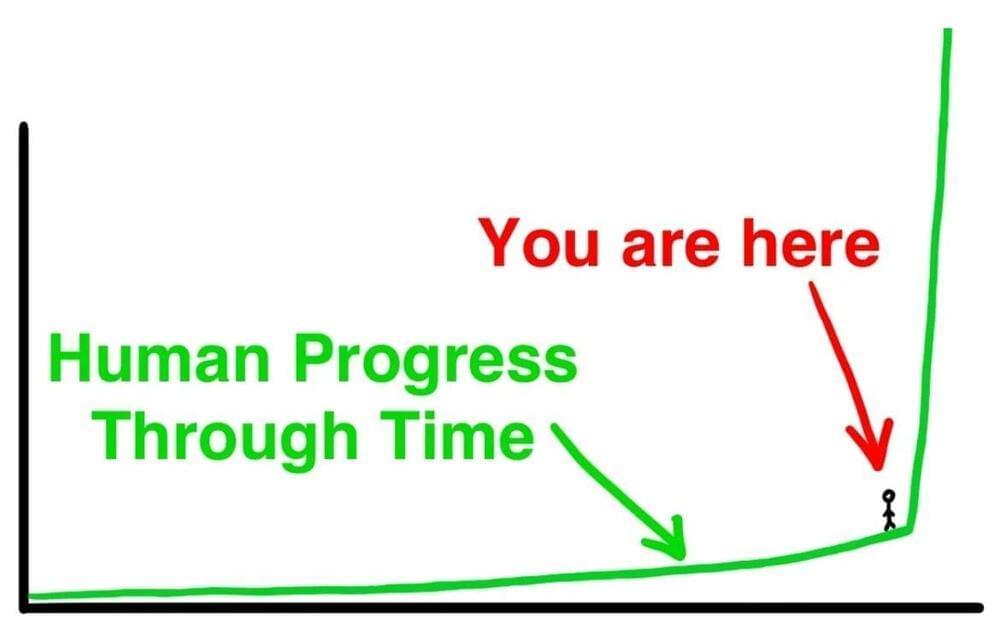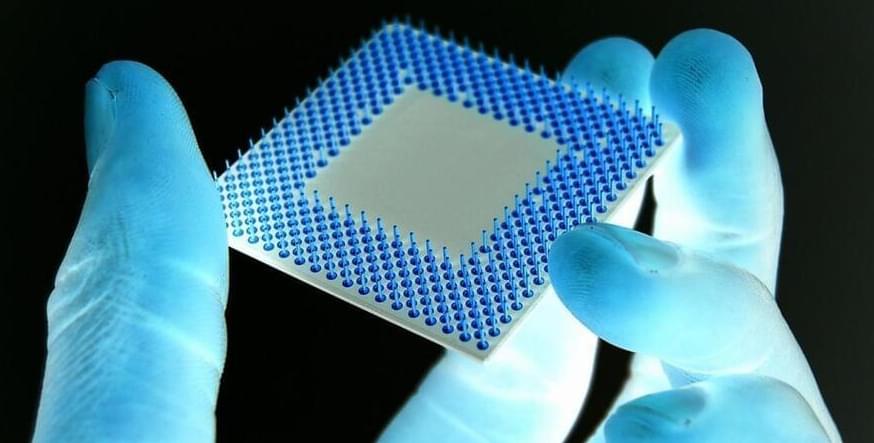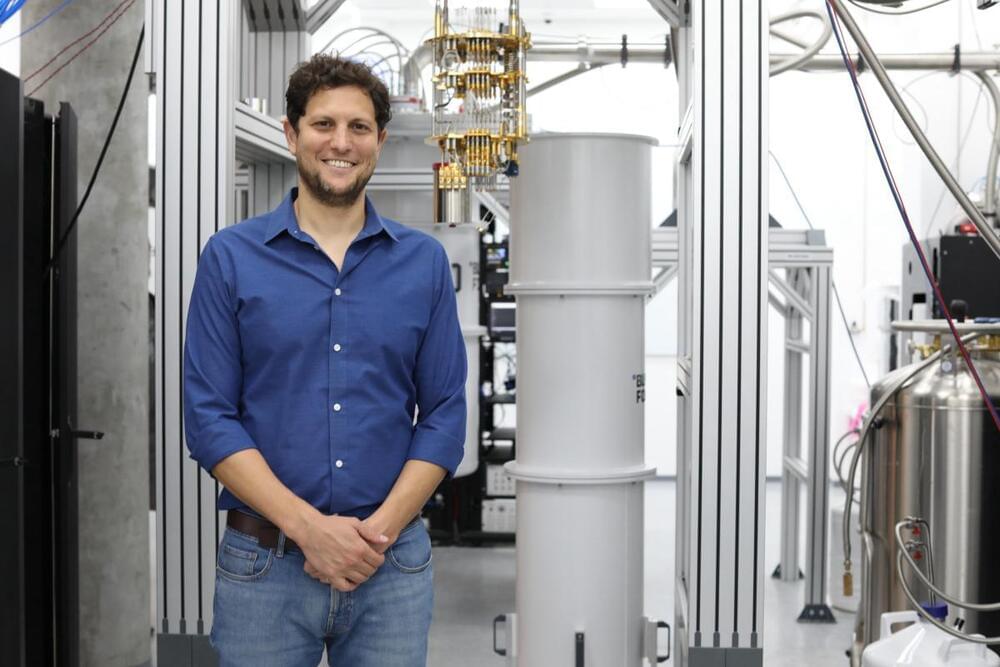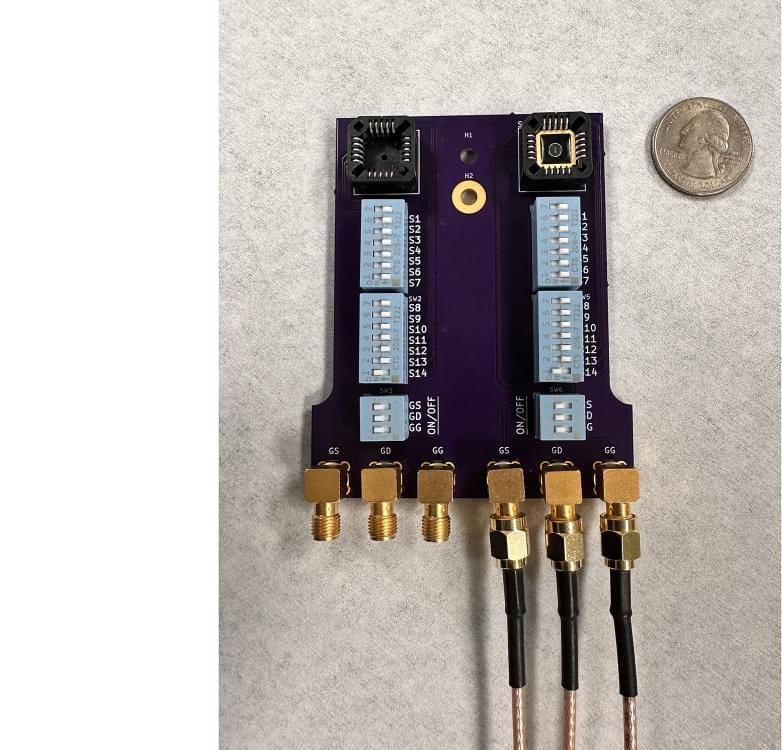Meta is letting the US military and defense contractors use its Llama AI model for national security purposes.
Archive for the ‘robotics/AI’ category: Page 25
Nov 4, 2024
AI Designs Antibodies From Scratch In ‘Landmark Moment’ For Science
Posted by Jose Ruben Rodriguez Fuentes in categories: biotech/medical, robotics/AI, science
Marking a major breakthrough in medical development, scientists have used AI to design antibodies from scratch.
Nov 4, 2024
AI That Can Invent AI Is Coming. Buckle Up
Posted by Genevieve Klien in category: robotics/AI
This line of research is quickly moving from science fiction to reality—though few people have yet noticed.
Nov 4, 2024
OpenAI’s o1 Model Leaked on Friday and It Is Wild — Here’s What Happened
Posted by Bruce Burke in category: robotics/AI
OpenAI is set to release the full o1 reasoning model sometime this year, but an unexpected leak last week means we may have already seen it in action — and it is even better than we expected.
Nov 3, 2024
Two Students Created Face Recognition Glasses. It Wasn’t Hard
Posted by Omuterema Akhahenda in categories: robotics/AI, transportation
On a recent Friday afternoon, Kashif Hoda was waiting for a train near Harvard Square when a young man asked him for directions.
A month later, he found out just how strange. He had been an unwitting guinea pig in an experiment meant to show just how easy it was to rig artificial intelligence tools to identify someone and retrieve the person’s biographical information — potentially including a phone number and home address — without the person’s realizing it.
A friend texted Mr. Hoda, telling him that he was in a video that was going viral. Mr. Nguyen and a fellow Harvard student, Caine Ardayfio, had built glasses used for identifying strangers in real time, and had demonstrated them on two “real people” at the subway station, including Mr. Hoda, whose name was incorrectly transcribed in the video captions as “Vishit.”
Continue reading “Two Students Created Face Recognition Glasses. It Wasn’t Hard” »
Nov 3, 2024
AI could transform visual effects in film — but the emerging field is mired in copyright issues
Posted by Dan Kummer in category: robotics/AI
AI generated visual effects could be a game changer in the film industry. But the emerging field is mired in copyright issues.
Nov 3, 2024
Disney forms dedicated AI and XR group to coordinate company-wide use and adoption
Posted by Dan Kummer in categories: augmented reality, business, robotics/AI, virtual reality
Disney is adding another layer to its AI and extended reality strategies. As first reported by Reuters, the company recently formed a dedicated emerging technologies unit. Dubbed the Office of Technology Enablement, the group will coordinate the company’s exploration, adoption and use of artificial intelligence, AR and VR tech.
It has tapped Jamie Voris, previously the CTO of its Studios Technology division, to oversee the effort. Before joining Disney in 2010, Voris was the chief technology officer at the National Football League. More recently, he led the development of the company’s Apple Vision Pro app. Voris will report to Alan Bergman, the co-chairman of Disney Entertainment. Reuters reports the company eventually plans to grow the group to about 100 employees.
“The pace and scope of advances in AI and XR are profound and will continue to impact consumer experiences, creative endeavors, and our business for years to come — making it critical that Disney explore the exciting opportunities and navigate the potential risks,” Bergman wrote in an email Disney shared with Engadget. “The creation of this new group underscores our dedication to doing that and to being a positive force in shaping responsible use and best practices.”
Nov 3, 2024
Quantum Machines and Nvidia use machine learning to get closer to an error-corrected quantum computer
Posted by Dan Kummer in categories: quantum physics, robotics/AI
About a year and a half ago, quantum control startup Quantum Machines and Nvidia announced a deep partnership that would bring together Nvidia’s DGX Quantum computing platform and Quantum Machine’s advanced quantum control hardware. We didn’t hear much about the results of this partnership for a while, but it’s now starting to bear fruit and getting the industry one step closer to the holy grail of an error-corrected quantum computer.
In a presentation earlier this year, the two companies showed that they are able to use an off-the-shelf reinforcement learning model running on Nvidia’s DGX platform to better control the qubits in a Rigetti quantum chip by keeping the system calibrated.
Yonatan Cohen, the co-founder and CTO of Quantum Machines, noted how his company has long sought to use general classical compute engines to control quantum processors. Those compute engines were small and limited, but that’s not a problem with Nvidia’s extremely powerful DGX platform. The holy grail, he said, is to run quantum error correction. We’re not there yet. Instead, this collaboration focused on calibration, and specifically calibrating the so-called “π pulses” that control the rotation of a qubit inside a quantum processor.
Nov 3, 2024
A matter of taste: Electronic Tongue Reveals AI ‘Inner Thoughts’
Posted by Natalie Chan in categories: biotech/medical, food, robotics/AI
A recently developed electronic tongue is capable of identifying differences in similar liquids, such as milk with varying water content; diverse products, including soda types and coffee blends; signs of spoilage in fruit juices; and instances of food safety concerns. The team, led by researchers at Penn State, also found that results were even more accurate when artificial intelligence (AI) used its own assessment parameters to interpret the data generated by the electronic tongue.
The researchers published their results today (Oct. 9) in Nature.
According to the researchers, the electronic tongue can be useful for food safety and production, as well as for medical diagnostics. The sensor and its AI can broadly detect and classify various substances while collectively assessing their respective quality, authenticity and freshness. This assessment has also provided the researchers with a view into how AI makes decisions, which could lead to better AI development and applications, they said.


















